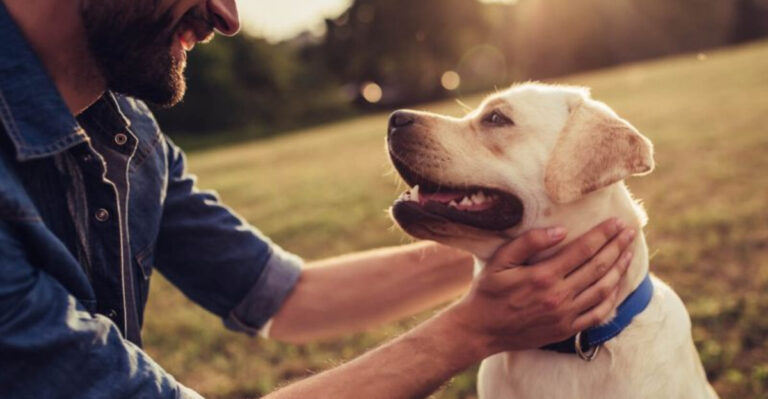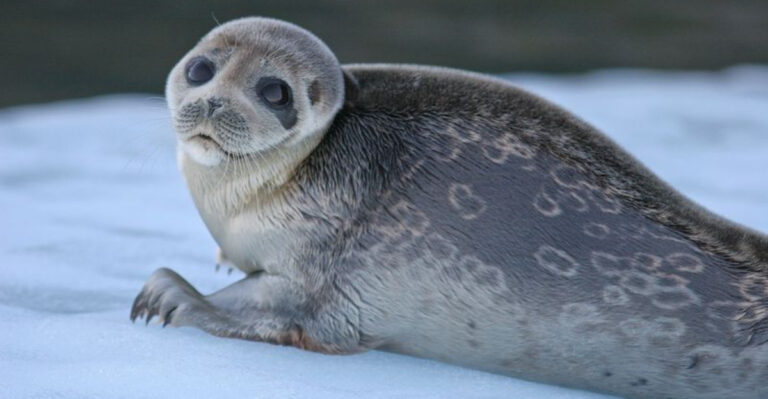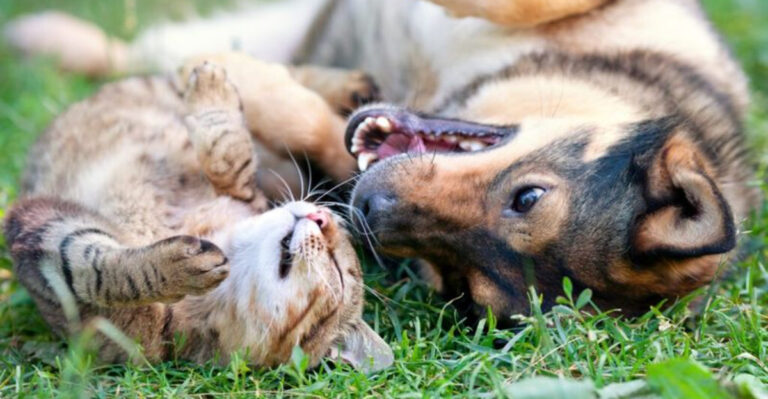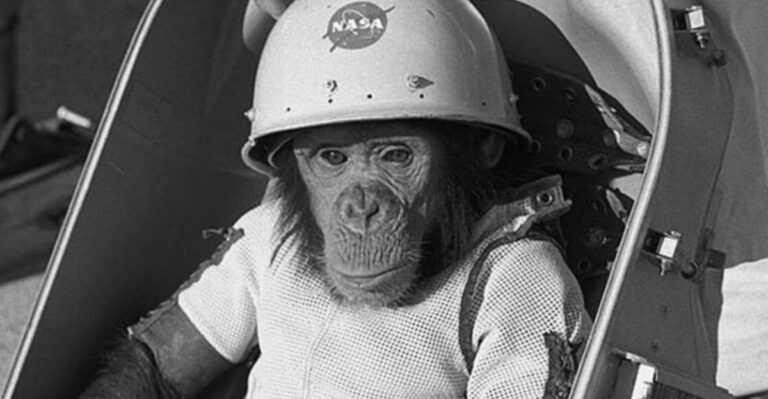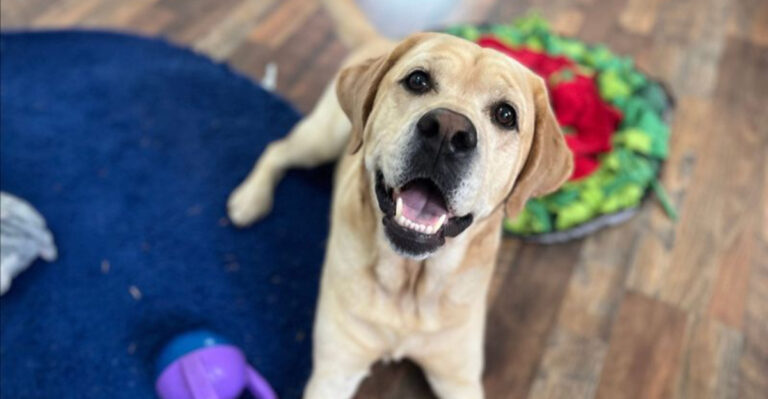15 Signs You’re Overfeeding Your Dog (And How To Fix It)
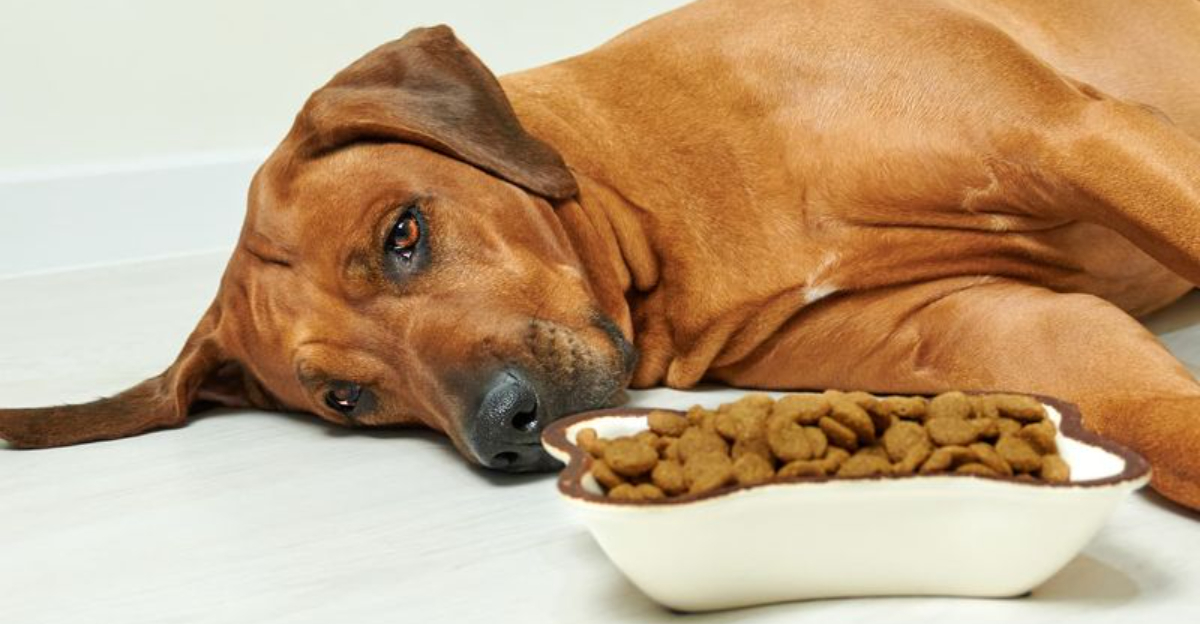
Think your dog could outpace a sumo wrestler in a weight gain competition? You might be overfeeding your furry friend!
Just like that friend who can’t resist another slice of pizza, our canine companions sometimes don’t know when to stop. Here’s how to recognize if your dog’s diet needs a little trimming and how to bring them back to healthy paws.
1. Weight Gain
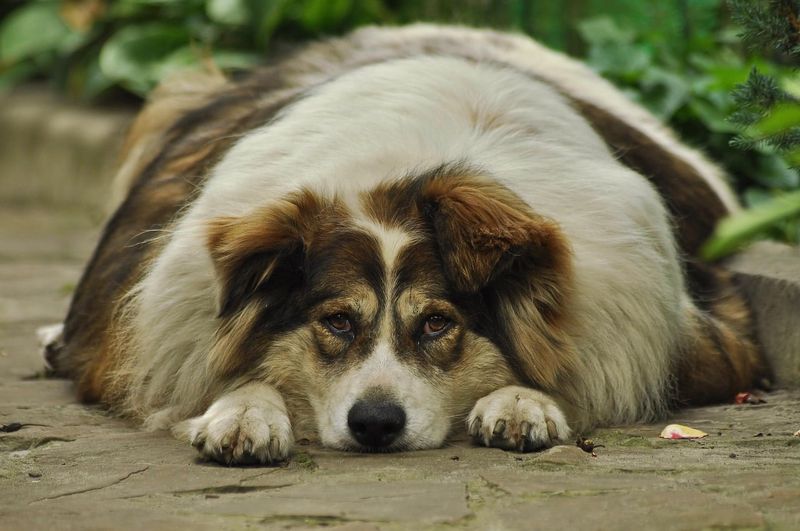
Ever notice your dog looking like they’ve packed on a few extra pounds? Weight gain is a telltale sign of overfeeding. If your dog is bulging out of their favorite little sweater, it might be time to check their diet. Try reducing treats and measuring meals to help them shed those extra kilos.
2. Lethargy
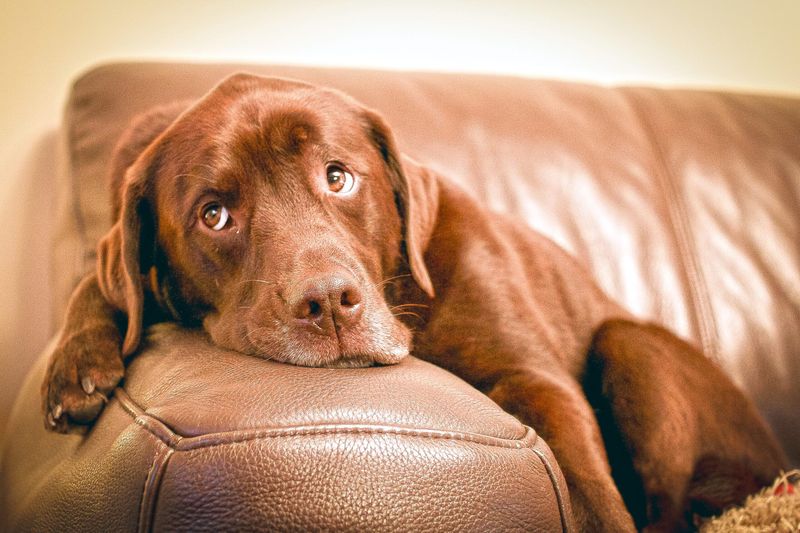
If your dog seems to prefer couch cuddles over chasing squirrels, they might be overfed. Excess weight can lead to laziness, making your once lively furball a sleepyhead. For a more energetic pup, consider smaller portions and more playtime to burn off those surplus calories.
3. Begging For Food

Is your dog giving you those irresistible puppy eyes even after a meal? Constant begging can be a symptom of overfeeding. Their body craves balance, not more kibble. Distract them with toys or a walk instead of succumbing to those charming requests for more snacks.
4. Digestive Issues
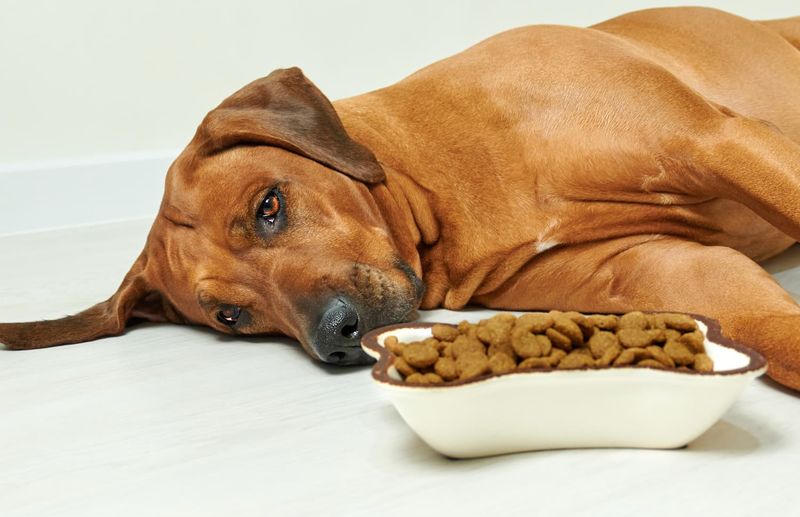
Frequent tummy troubles, like gas or diarrhea, hint at overfeeding. An overloaded digestive system struggles to keep up, leaving your pooch feeling lousy. To curb these woes, reduce meal portions and avoid giving in to those extra treats.
5. Increased Thirst
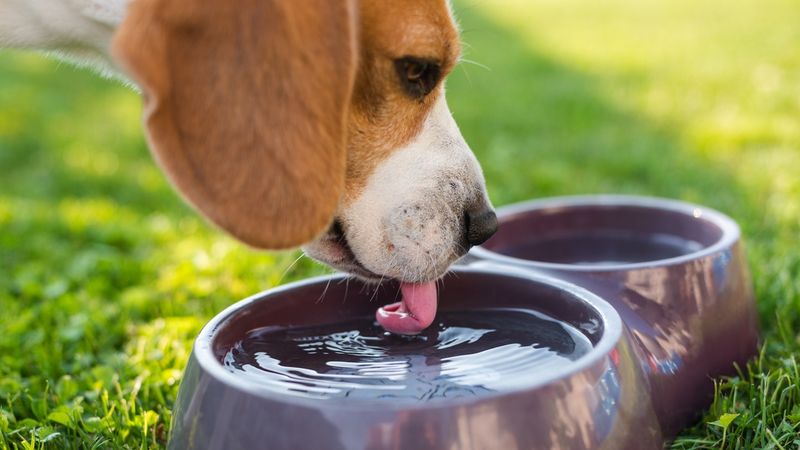
Notice your dog gulping down water like they’ve just crossed a desert? Increased thirst can signal a diet that’s too rich or abundant. Ensure they have fresh water but consider cutting back on the amount of food to see if the drinking frenzy calms down.
6. Frequent Urination
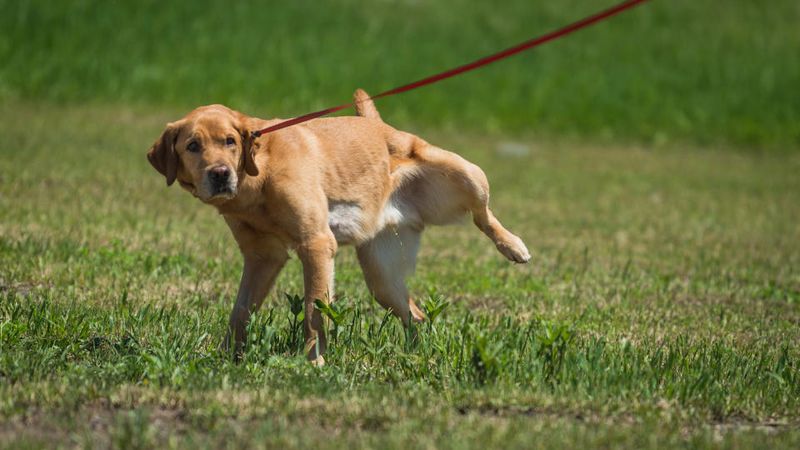
Is your dog making more bathroom trips than usual? Frequent urination can accompany overfeeding, as excess nutrients turn into waste. Beware of those extra snacks, and consult with a vet if the bathroom breaks don’t ease up after adjusting their diet.
7. Joint Pain
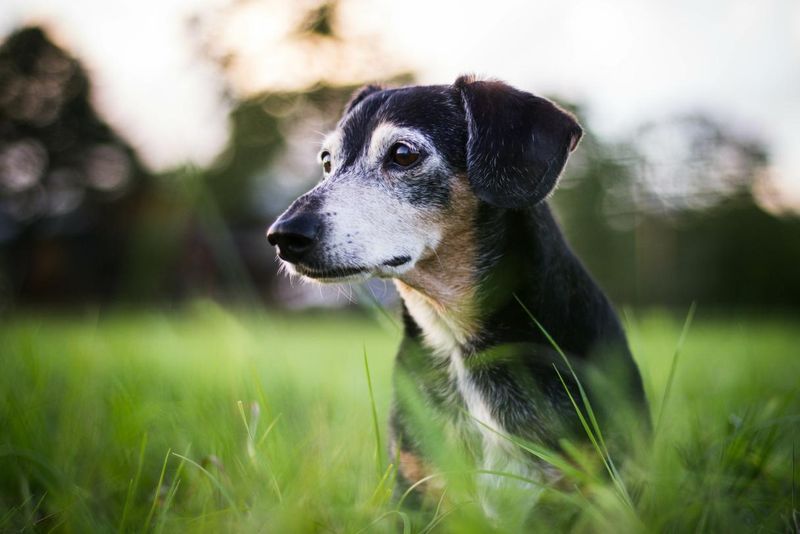
A chubby dog might struggle with joint pain, showing reluctance in jumping or climbing. It’s like carrying a backpack full of bricks! Offer them joint-friendly foods and control portions to ease the pressure on their little legs.
8. Unhealthy Coat
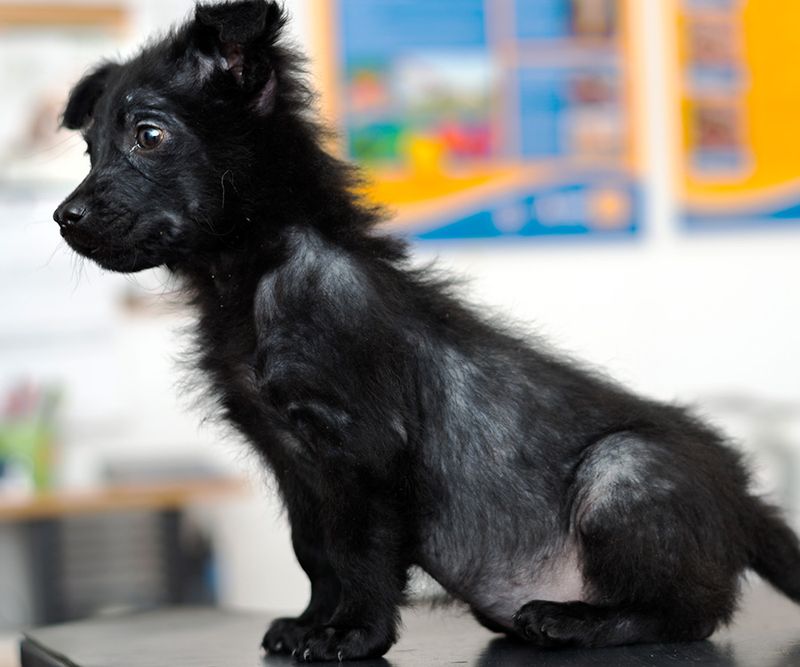
A glossy, vibrant coat might fade if you’re overfeeding your dog. Diet impacts skin and fur health, leading to a lackluster appearance. Switch to a balanced diet rich in nutrients to restore their once-shiny coat and ensure they look fabulous again.
9. Shortness Of Breath
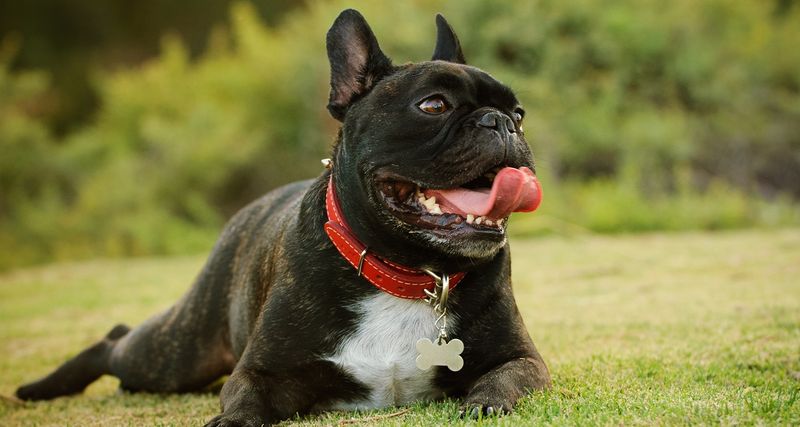
If your dog is huffing and puffing like they’ve just run a marathon, extra weight could be the culprit. Shortness of breath is a red flag for overfeeding. Help them catch their breath with a balanced diet and regular exercise, transforming those pants into playful barks.
10. Foul Smelling Breath
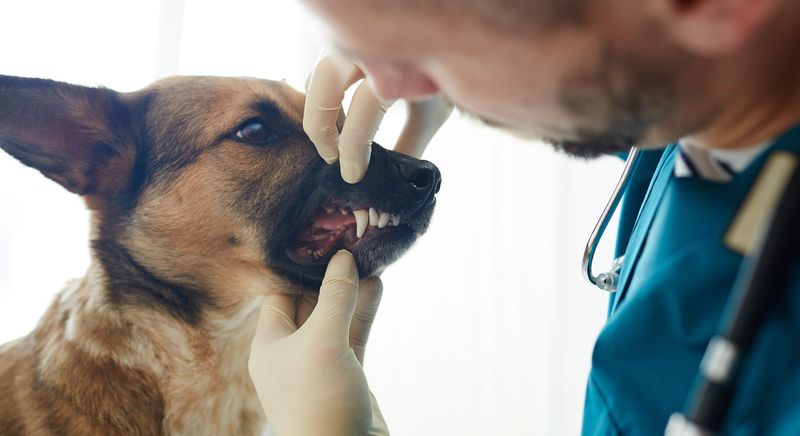
Bad breath isn’t just a human problem. Diet imbalance from overfeeding can give your dog’s breath that distinctive odor. Maintaining a balanced diet and brushing their teeth regularly can freshen up the situation, making those doggy kisses enjoyable again.
11. Constipation
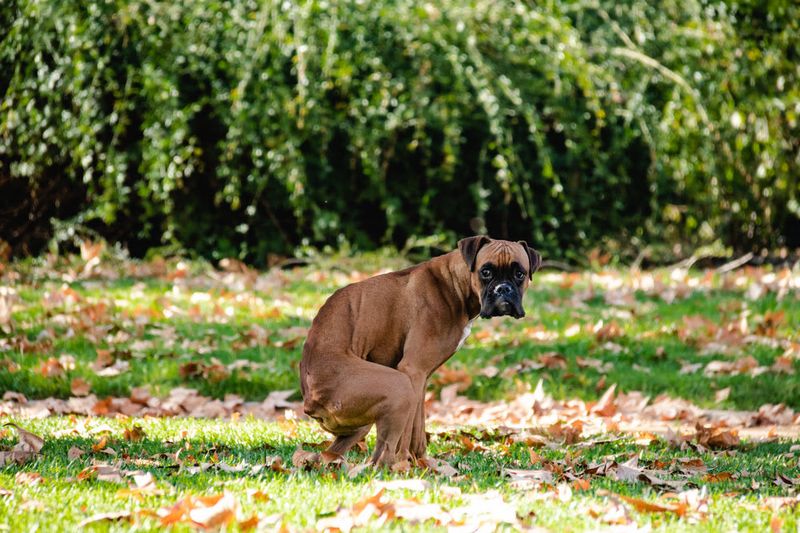
Overfeeding can lead to constipation, making bathroom trips uncomfortable. It’s not just a matter of fiber; overloading their system can slow down digestion. Smaller, frequent meals with plenty of water can ease this struggle, getting things moving smoothly again.
12. Behavioral Changes
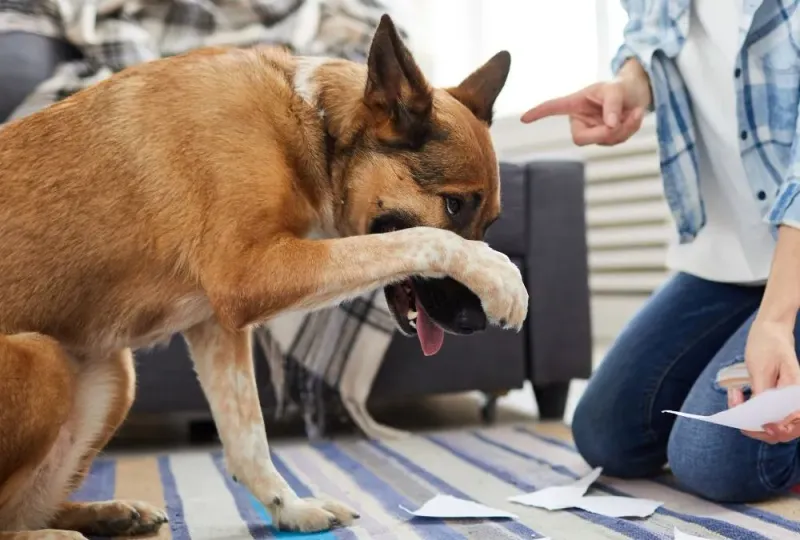
Overfeeding might turn your sweet pooch into a grump. Unbalanced diets can lead to mood swings or aggression. Keep their meals consistent and engage them with activities that stimulate their mind to keep tails wagging happily.
13. Ear Infections
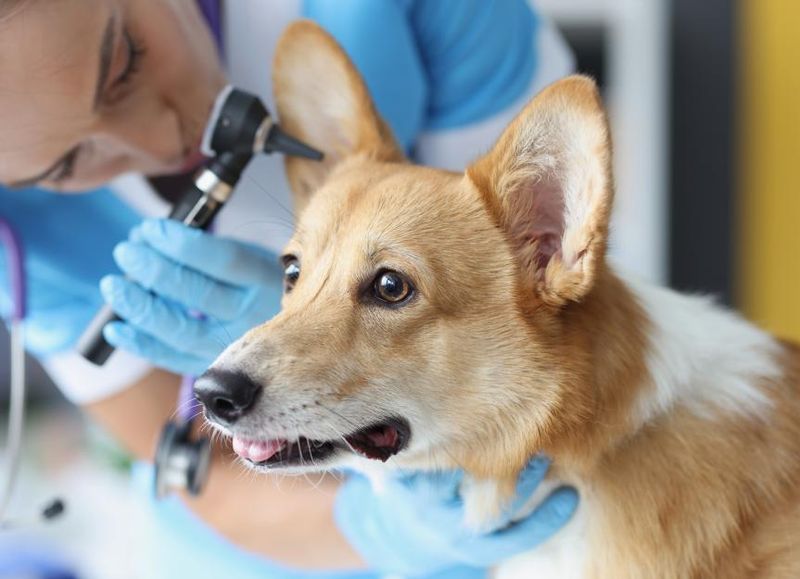
Excessive food can trigger ear infections in some dogs. A diet too rich can cause yeast imbalances, leading to those itchy ears. Regular vet checks and adjusting their diet can keep your pup’s ears clean and infection-free.
14. Paw Licking
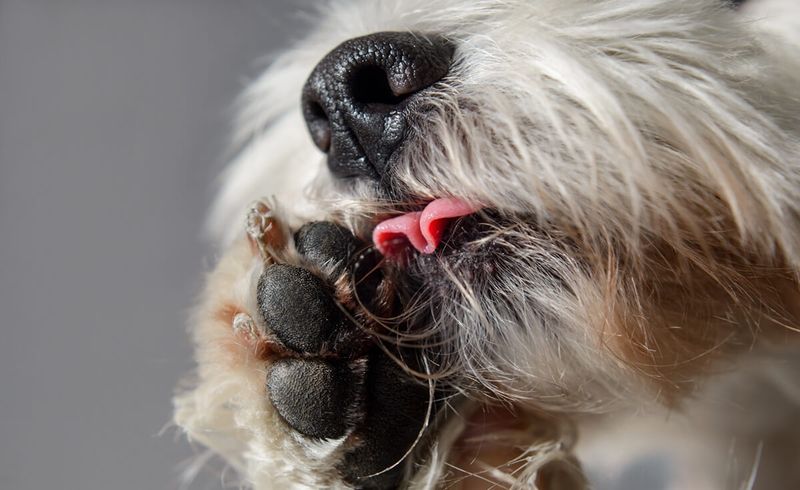
Notice your dog constantly licking their paws? This can be linked to allergies triggered by overfeeding. Excessive nutrients can cause itchy skin. A balanced diet and vet advice can help soothe this habit and keep paws free from persistent licks.
15. Loss Of Interest In Activities
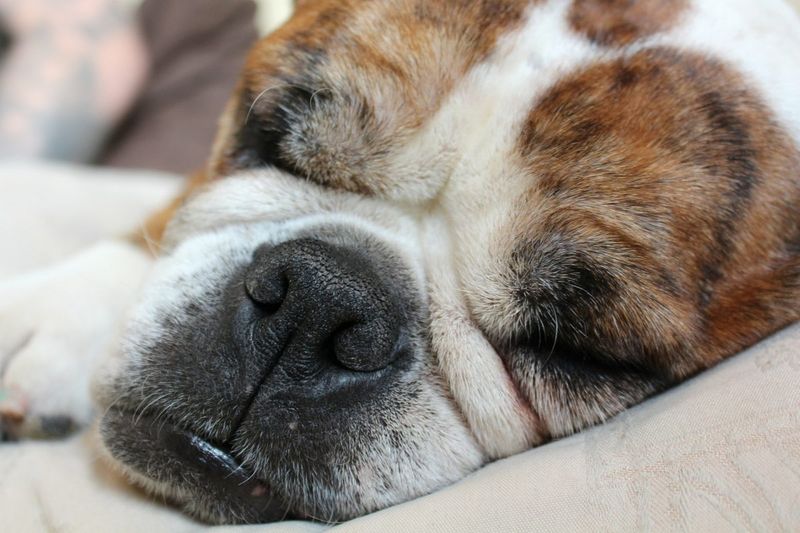
If playtime is met with yawns, your dog might be overfed. A heavy diet can make them sluggish, losing enthusiasm for joyful activities. Engage them with playful walks and cut back on food portions to rekindle their zest for life.

